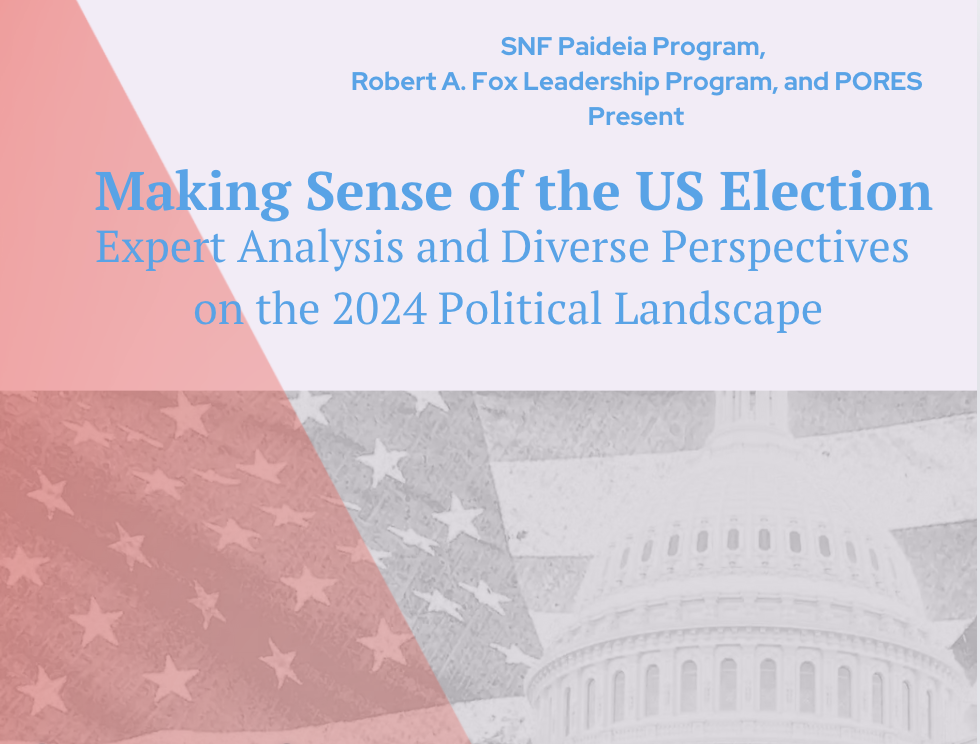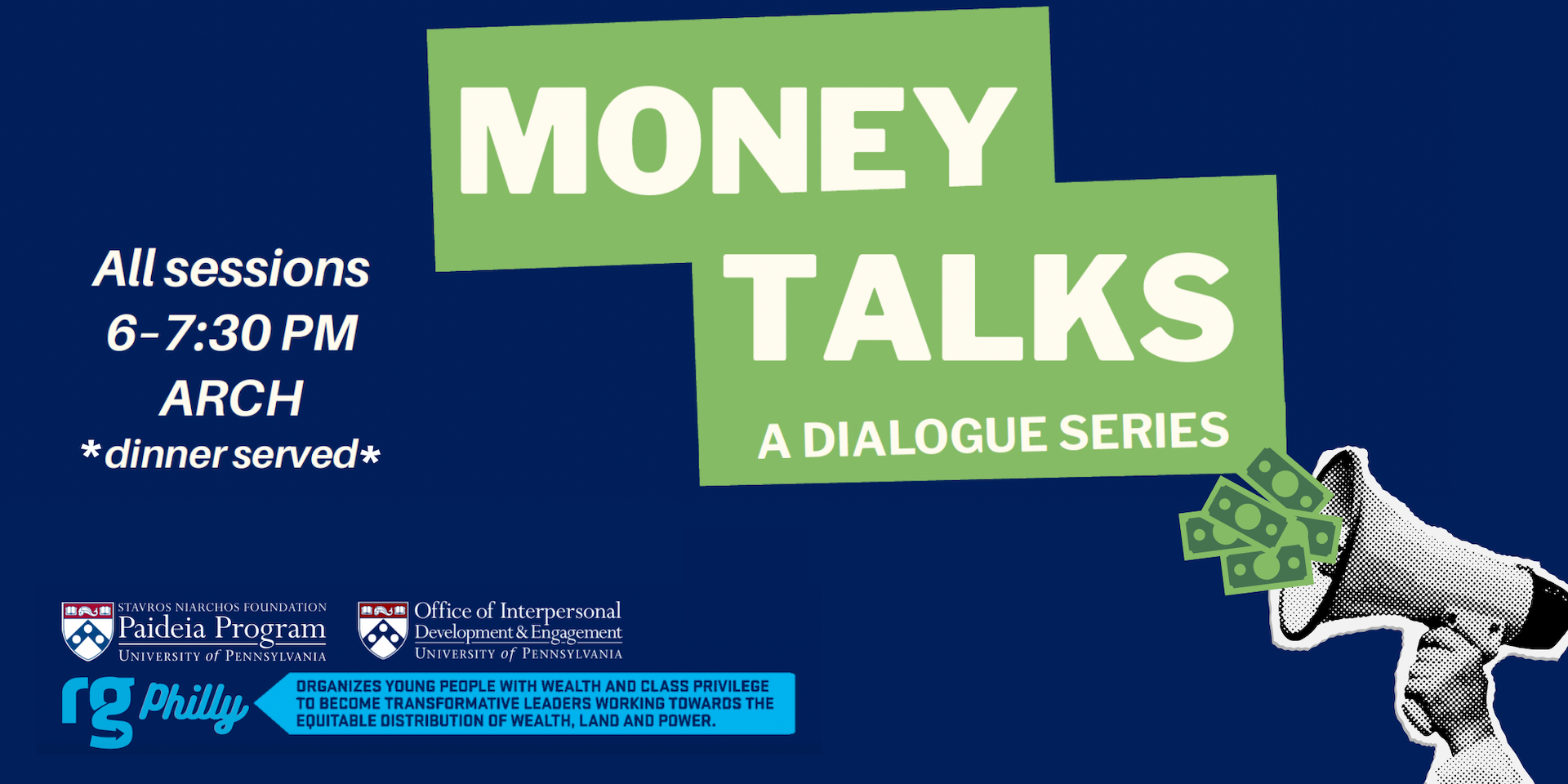Michael A. Bailey is the Colonel William J. Walsh Professor of American Government in the Department of Government and McCourt School of Public Policy at Georgetown University. His research focuses on applying statistical techniques to answering questions at the intersection political science, policy, law and and economics.
In his work on public opinion polling, Bailey focuses on re-thinking the way we design surveys in order to provide us more information about how serious non-response bias may be. Bailey’s latest book is Polling at a Crossroads: Rethinking Modern Survey Research from Cambridge University Press.
Public opinion polling is in crisis. Response rates of one percent or less are common and polls have missed Donald Trump’s wins – or near wins – in critical states in 2016 and 2020. Pollsters have responded in many ways, including by abandoning the random sampling techniques that built the field. Nonetheless, most pollsters cling to an assumption that respondents are representative once we account for demographics. This was likely never true – and is almost certainly not true for today’s low-response and non-random polls. Polling at a Crossroads presents a new paradigm for polling that confronts the full spectrum of non-response bias that confounds contemporary polling. This new paradigm not only offers a simple and sometimes counterintuitive way to think about polling as practiced, it also points us to new ways to design and analyzing surveys in ways that address the challenges of contemporary polling.
In his work on the Supreme Court, Bailey has studied the role of ideology and legal values on Supreme Court decision making, producing, among other publications, The Constrained Court: Law, Politics and the Decisions Justices Make with Forrest Maltzman.
In his work on welfare policy, Bailey presented strong evidence that while poor single mothers decisions on where to live are influenced by state welfare policies, these decisions are even more strongly influenced by family ties.
Bailey is the author of two statistics books. The goal of these books is to get to interesting and useful statistical material as quickly as possible. To be useful, the books focus on endogeneity (“correlation is not causation”) and to be interesting, the books quickly start using real data sets to answer important questions. The books are quite similar. Real Stats focuses on political and policy examples. Real Econometrics focuses on economic and policy examples.
As a former Monbusho Scholar at the Graduate Institute for Policy Studies (then at Saitama University) in Japan, Bailey is conversational in Japanese and interested in Japanese politics.



